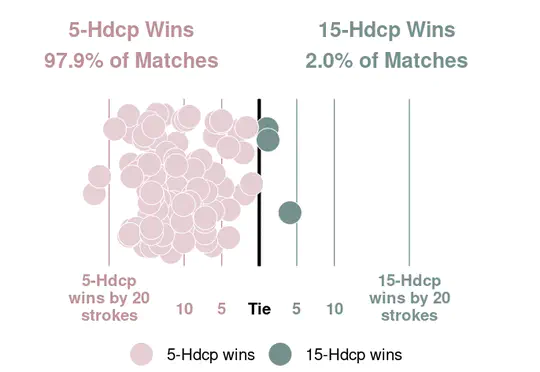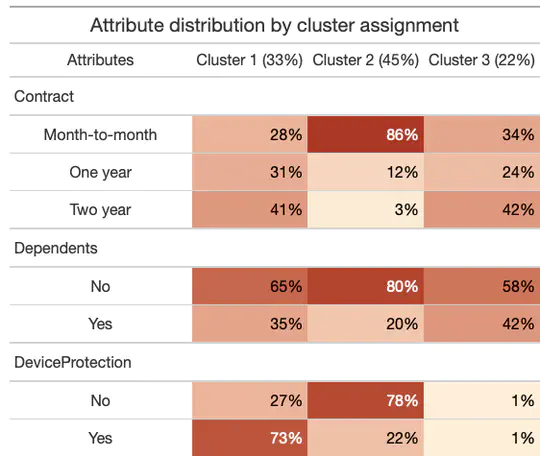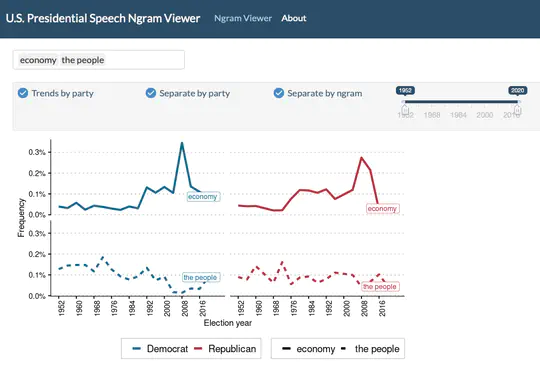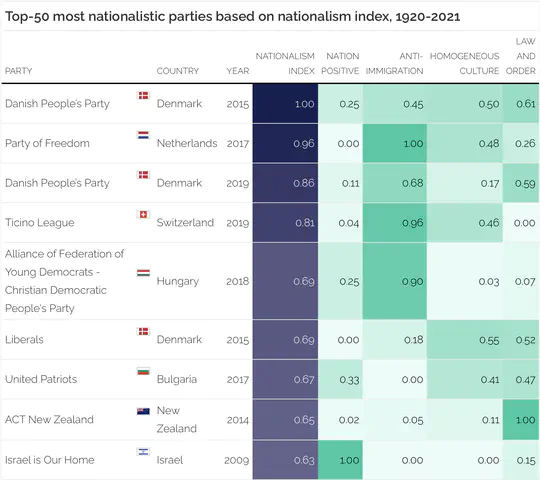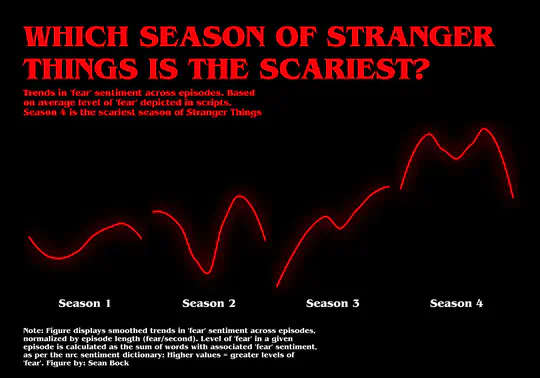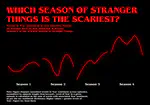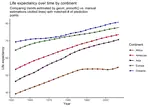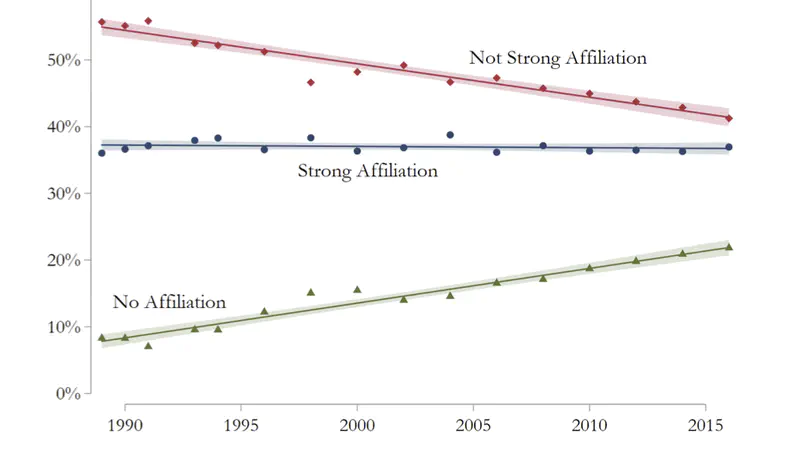Hello!
Hello! I am a research scientist on the Demography and Survey Science team at Meta.
I received my Ph.D. in sociology from Harvard University in 2023, where I was also an affiliate of the Institute for Quantitative Social Sciences (IQSS) and the Harvard Center for Population and Development Studies. I have over 8 years of experience working on data-intensive projects—both alone and as a part of teams—performing every aspect of the data analysis process, including: collecting, cleaning, and managing data, performing statistical analyses, creating clear narratives with intuitive visualizations, and communicating insights through peer-reviewed publications and presentations at national conferences. I love finding creative ways to leverage data and building tools to help facilitate research workflows.
My academic research relied on large-scale surveys and text data to draw insights about politics, culture, and social change in the United States and Western Europe. My work has appeared in several top peer-reviewed journals and has been covered by news outlets, such as the New York Times, New Yorker, and Washington Post.
Download my resumé or Academic CV
- Quantitative Research
- Text Analysis
- Survey Research
- Data Visualization
-
PhD in Sociology, 2023
Harvard University
-
AM in Sociology, 2020
Harvard University
-
BA in Sociology and Political Science, 2016
Indiana University, Bloomington
Skills
Experience
Responsibilities include:
- Applied advanced statistical analyses to extract meaningful insights from complex datasets, leveraging techniques such as regression analysis, cluster analysis, natural language processing, and hypothesis testing, using programs such as R, Python, and SAS
- Spearheaded the development of a new coding workflow for the creation of an annual public-facing dataset for a federal organization, enhancing efficiency and accuracy in data processing
- Generated compelling and insightful visualizations using tools such as R and Power BI, effectively communicating complex data trends to both technical and non-technical stakeholders
- Presented deliverables to clients, translating complex technical findings into actionable insights, fostering client understanding and satisfaction
Responsibilities include:
- Designed, managed, and executed all aspects of 5 large-scale research projects using R and Stata
- Analyzed large longitudinal and cross-national surveys using advanced statistical techniques, including multivariate regressions, cluster analysis, machine learning, and natural language processing
- Communicated insights to different audiences in 6 first- and co-authored publications in top peer-reviewed journals, a non-technical article published in the Washington Post, presentations at national conferences, and interviews at media outlets
Responsibilities include:
- Consulted clients on research and data analysis strategies
- Constructed tailored R package to improve research workstreams
Responsibilities include:
- Led team of research assistants on data cleaning, analysis, synthesis, and organization tasks
- Extracted insights from survey and text data using unsupervised machine learning, regression, GLM, factor analysis, and other statistical techniques using R, Stata, and Latent Gold
- Constructed intuitive data visualizations to convert research and data analysis into clear narratives
- Managed large collaborative projects using version control (Git) and automated reporting with R Markdown
Responsibilities include:
- Assisted in teaching over 30 NYU graduate students on text mining (natural language processing) methods using R
- Developed and conducted weekly 1-hour coding demos on topics including: Machine learning, topic modeling, networks, web scraping, and visualization machine learning, regression, and decomposition techniques
- Led weekly lab meetings and consulted students on coding assignments and research projects
Projects
Data science | Data Analytics
Blog
R, data analysis, text analysis, and more
Featured Publications
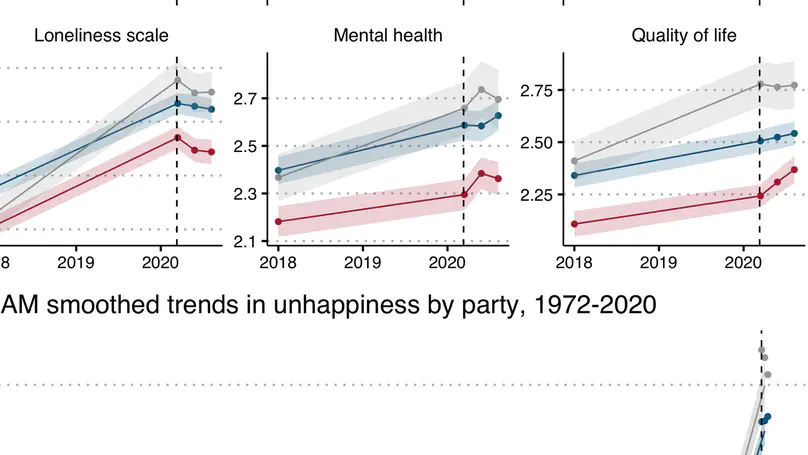
A comparison of wellbeing trends between Democrats and Republicans and the effects of the COVID-19 pandemic.
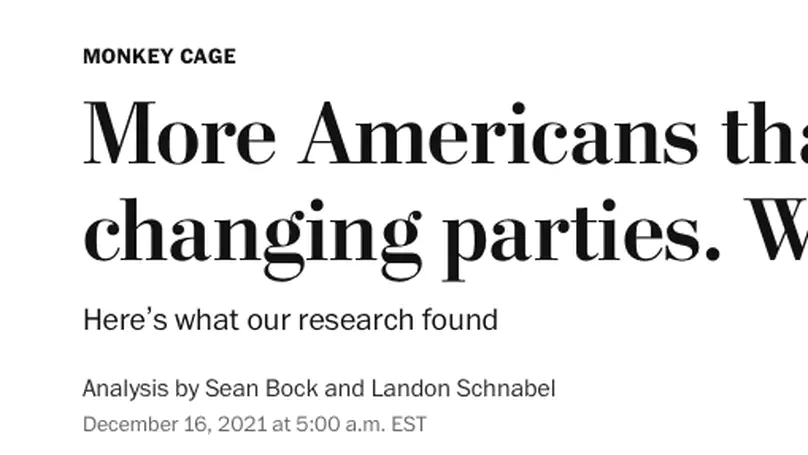
Analysis piece written in the Washington Post’s Monkey Cage on partisan switching and the consequences of this for the 2022 midterm elections.
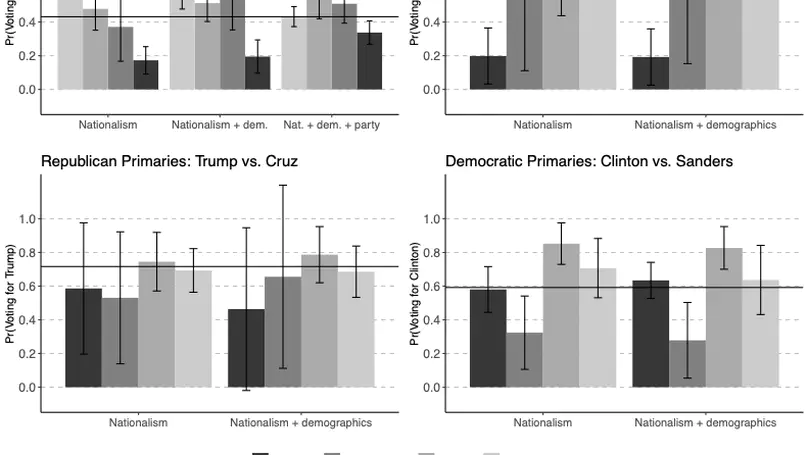
This paper measures measures latent classes of nationalism in the U.S. over time and examines their impact on the 2016 primary and presidential elections.
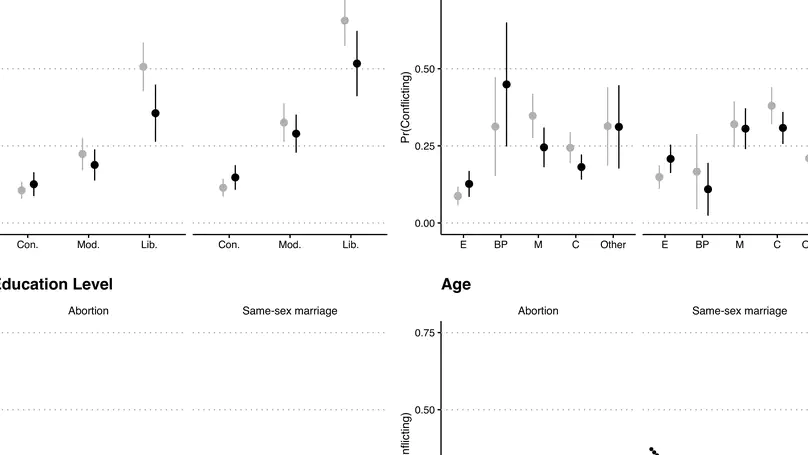
This paper develops a measure of experienced conflict between religionists’ views on social issues and the teachings of their churches, and then analyzes the relationship between this conflict and church attendance.
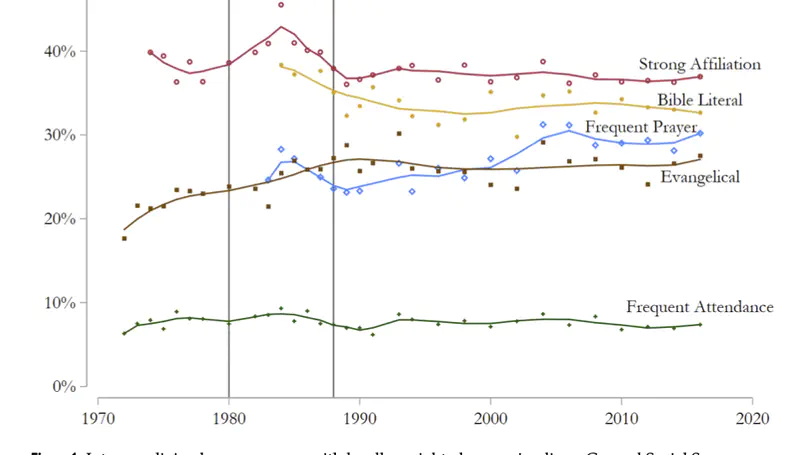
A response to Voas and Chaves (2018) demonstrating the persistence of intense religion and discussing the importance of avoiding unfounded assumptions in age-period-cohort analyses.
